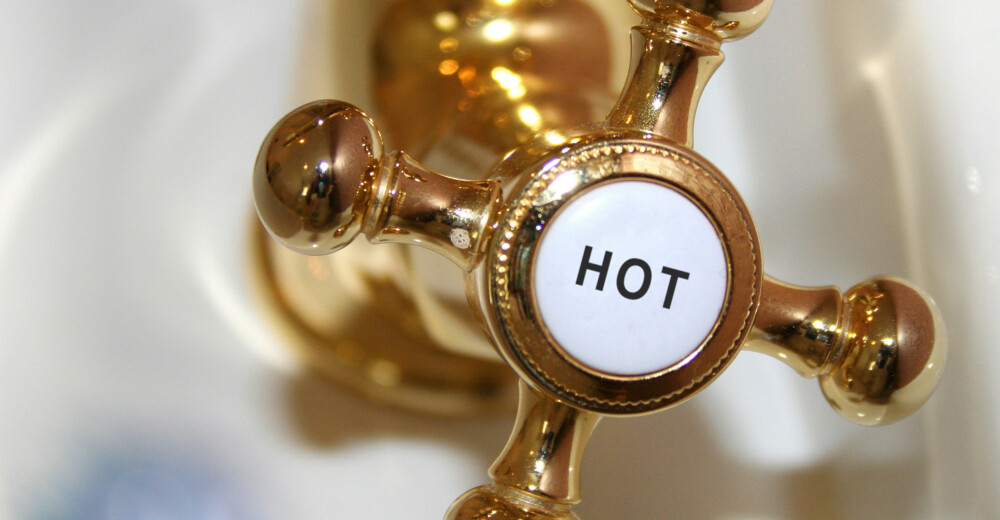
May 31, 2017
Dispensers: Part 2 (The "Pros" List)
The Case For Bathroom Amenities Dispensers
One of the biggest questions hotel owners have when stocking guest rooms is if they should use bathroom wall amenities dispensers for shampoos, conditioners and body washes instead of individual use bottles.
In our last post we looked at the drawbacks to using dispensers, in this one we’ll consider why it might make sense for you.
Starting from the bottom line, it costs less to use dispensers in terms of itemised costing, certainly. Nobody disputes that. Soaps purchased in bulk are always going to be less expensive than soaps purchased by individual use bottles.
In fact, according to an American Hotel & Lodging Association study performed a few years ago, “using the example of a 300-room hotel, installing two dispenser systems in each room (one in the shower, the other near the sink), savings were estimated at $10,512 a year. This factored in a dispenser cost of $32 for each unit, installation costs estimated at $8 per room and a 60 percent occupancy of the hotel. The total investment was estimated at $12,000, meaning payback would occur a little after a year.”
They’re less expensive and there’s less waste. You’re not throwing away amenity bottles with some shampoo you paid for still inside, the replaceable cartridges stay in the dispenser until they’re practically used up.
There’s even less waste - practically none - if you use refillable cartridges. There’s usually a window in the dispenser so your housekeeping staff can monitor the level of shampoo or body wash and simply keep it topped up.
Dispensers save your housekeeping staff time finding all the opened bottles and replacing them from the stock on their carts. And obviously it’s more environmentally-friendly to not be generating piles of discarded plastic bottles too, hotel properties which make much of their green policies and eco-commitment tend to use dispensers more often.










